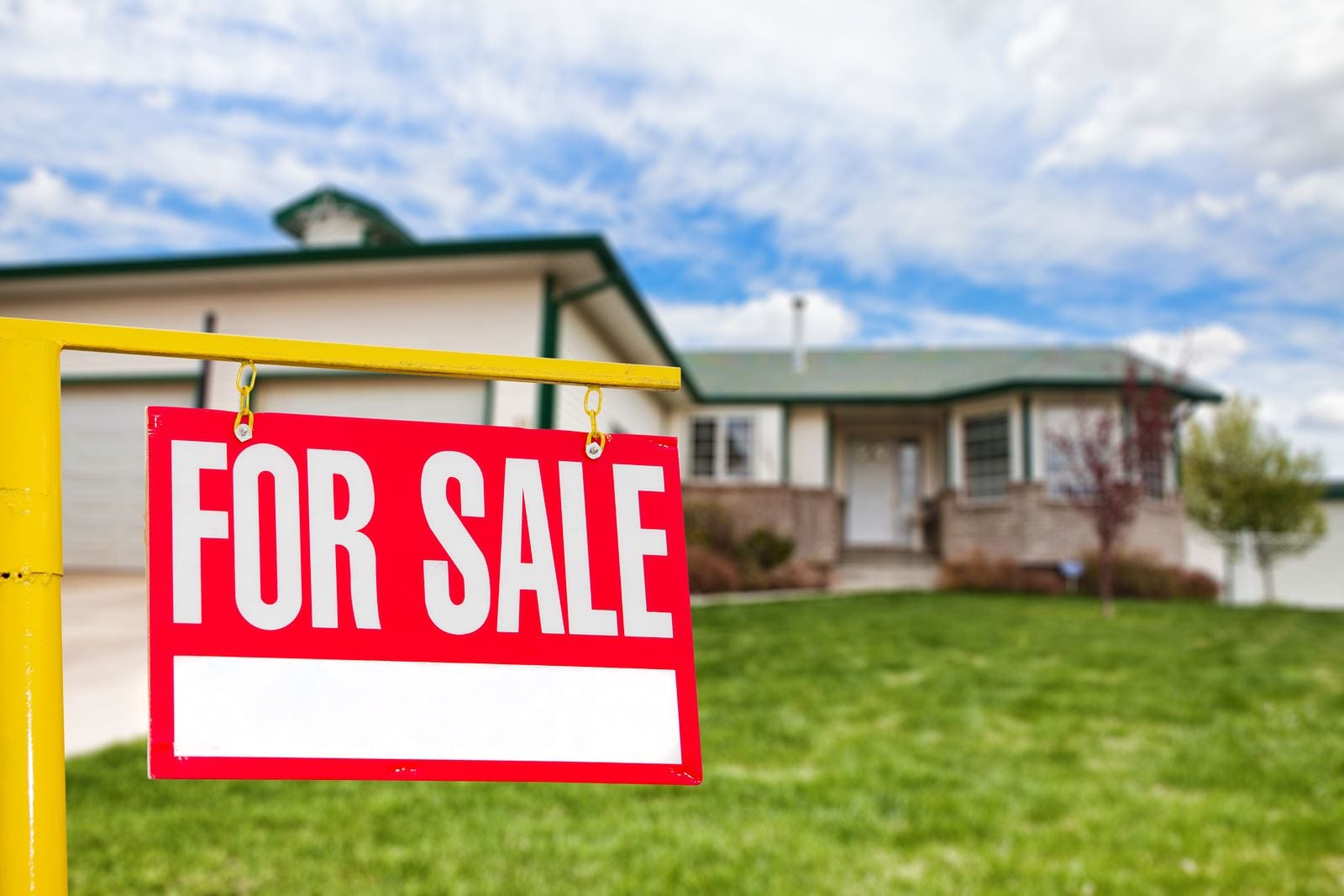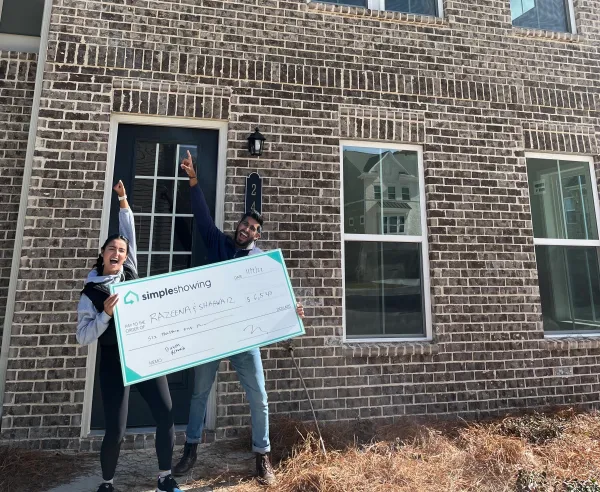Whether you're an investor or you're in the market for a new home, buying a foreclosure is one way to save quite a bit of money on your purchase.
But before you jump into buying a foreclosed property, there a few things you should keep in mind. While the process is similar to a traditional home sale, there are also several differences.
What is a Foreclosure?
A foreclosure is a legal process that allows a lender to recover the amount owed on a defaulted loan by taking over ownership of a mortgaged property and selling the real estate to recover the outstanding balance.
The foreclosure process varies from state to state, but they generally all begin with several notices to the property owner, followed by legal actions to complete the foreclosure.
If you’re wondering about how to buy a foreclosure, there are typically three points within the process where it's possible to purchase a property:
- Pre-foreclosure Stage
- Public Auction
- Post-foreclosure Stage
How to Buy a House in the Pre-Foreclosure Stage
You can purchase a home before the foreclosure process is finalized and the current homeowner is required to vacate the property.
This is the period known as the "pre-foreclosure" stage and is a popular technique used by real estate investors to identify motivated homeowners.
The most direct way to buy a pre-foreclosure is to pay the amount owed by the current owner to their lender, and then purchase the home from the current owner.
How to Buy a Foreclosure at Public Auction
Usually, once legal proceedings for a foreclosure have started, the property is sent to public auction on the county "courthouse steps," where it is then sold to the highest bidder. This process is called the trustee sale.
The automatic starting bid for the property is usually the amount that is owed on the property. This means you probably will not be allowed to bid below this amount. If no one bids higher than the starting bid amount, then the lien holder will be given the property and the title.
If you're hoping to bid on a foreclosure at public auction, here are a few tips to keep in mind:
- Beware of Hidden Costs. When you buy a foreclosure at auction, there’s no guarantee that the property will not have liens or other hidden costs that you might not have been expecting. Before you give away your hard-earned money, make sure that you perform a property lien search to see if there are liens on the property.
- You Will Not Know the Condition of the Property Beforehand. Since the property is still likely owner-occupied, you probably won't get to see the inside of the home before you buy it. This means that you are buying the property "as-is". As a result, there might be issues with the property that you won't discover until after you're able to get a formal inspection.
- You Will Need to Have Cash on Hand. If you place a bid on a property at a public auction and your bid is accepted, you will need to have all the money available that day to complete the purchase. You will not be able to use a standard bank loan to cover the cost, so make sure you’re financially prepared. Hard money lenders often fund these types of deals.
How to Buy a Foreclosure after the Sale of the Home is Complete
Once a foreclosure home has been sold at a public auction, the new owner of the property must move to evict the "tenants" or former owners of the property who may still be living there.
If the bank foreclosed on the home, then the bank will take the necessary steps to evict the current tenants and then work with a real estate agent to list the property for sale.
In this case, the house becomes known as a “Real Estate Owned" or "REO" property. To buy the house, you will submit an offer to the REO property's listing agent and negotiate like any other real estate transaction.
Where Can You Look for a Foreclosure?
Now that you know the basics of foreclosures, we've put together a list of three places you can search to find these properties.
- The Multiple Listing Service (aka “MLS”) is an online resource full of foreclosures. The platform is only accessible to real estate agents, so you will have to work with a realtor to get this information.
- REO Departments at Banks: Most foreclosed properties end up on the MLS website, but you may be able to connect with someone in the bank REO department to find out about foreclosed properties before they hit the web.
- HUD Store: Not all properties get foreclosed on by the bank. Sometimes this process is initiated by the U.S. Department of Housing and Urban Development which privately lists these homes on the HUD Home Store.
- Real Estate Websites like Zillow: Websites such as Zillow and Realtor.com also have foreclosures listed since they are syndicated from the MLS. While this information may not be the most updated, it can be a good place to start your search.
Once you have found a foreclosure that may be a good fit, be sure to do your due diligence and have all the necessary documentation on hand to complete the sale on your new property.
While finding a foreclosure and securing the deal can be challenging, it may be worthwhile for the potential deal you can score. Once the paperwork is signed and the local county has recorded the new deed, you'll officially be a homeowner and hopefully save thousands in the process!
Conclusion
When you're ready to buy a foreclosed home, remember to be patient and diligent in your research. Utilize resources such as the multiple listing service (MLS) to find the most viable properties, and understand the history of mortgage payments. Consult with your mortgage lender and consider the potential benefits of Federal Housing Administration (FHA) loans. Foreclosure sales can be complex, but with the right strategy and guidance, they can be an excellent investment.
Finally, while the prospect of securing a foreclosed property may seem daunting, remember that with thorough preparation and sound advice, the process can be smooth and profitable. Take into account the monthly mortgage payments, conduct a comprehensive appraisal of the foreclosure properties, and leverage the insights from experts in the field. The journey to acquiring foreclosed homes can be rewarding for those willing to navigate through the complexities of the foreclosure market.






